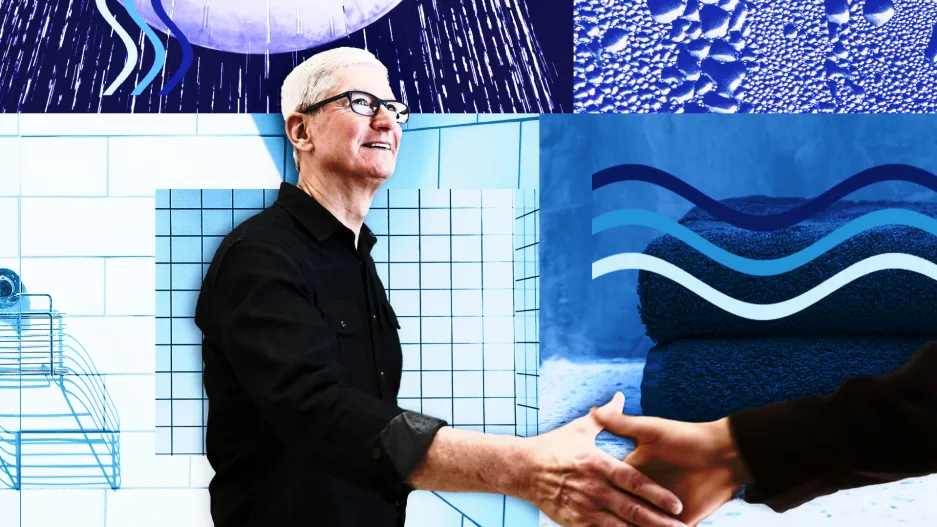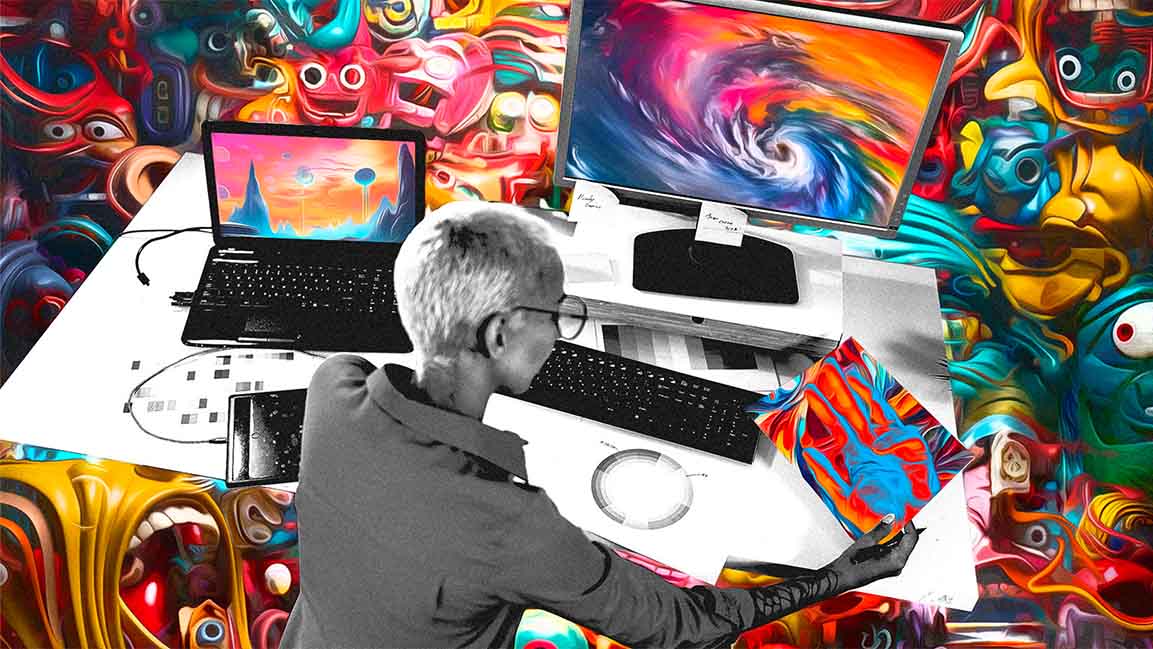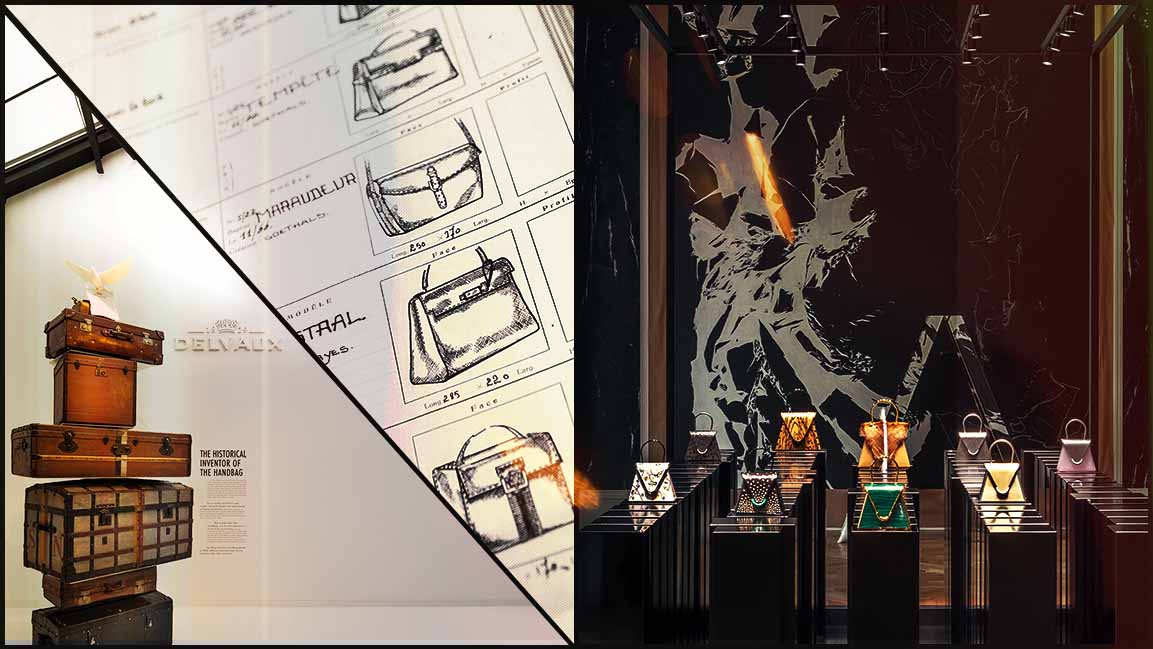Nebia is an award-winning producer of luxurious, low-flow showerheads and eco-conscious bathroom accessories. But it began with a single, mysterious investor: Tim Cook.
The company’s flagship product is a $120 showerhead, produced with Moen, which transforms the water pressure of a cheap motel into a spa-worthy experience. Nebia products have raised $9 million to date on Kickstarter and are installed in over 100,000 homes, saving an estimated 400 million gallons of water, and counting. And this week, Nebia launches its first towel—made of 30% upcycled textiles—a move that will expand the market reach of its products by 15x. It’s on Kickstarter now.
But back in October of 2014, Nebia president and cofounder Philip Winter was a doe-eyed 24-year-old who had just moved to San Francisco with a couple of awkward showerhead prototypes and a dream. The prototypes were actually built by the father of his cofounder Carlos Gomez Andonaegui. When Gomez Andonaegui was CEO of a gym company in Mexico, he realized the largest variable cost to his business was the water bill. His father, a retired engineer in his eighties, spent two years working on the design of a low-flow showerhead that could atomize water into tiny droplets so it would feel like you were taking a shower in a cloud—all while using 85% less water than from a typical showerhead.
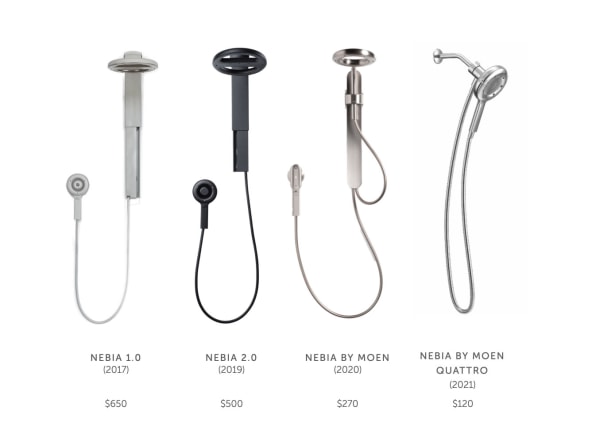
[Photo: Nebia]
The idea of a luxurious, water-saving showerhead was good on paper. But Winter needed funding. He needed product feedback. And he needed a network.
“I know basically nobody in the Bay Area other than two college friends,” recalls Winter. “We start knocking on people’s doors, literally and metaphorically. Nine out of ten people were like, ‘We can’t help you.’ But the magic of Silicon Valley is that one person says, ‘Here’s three people,’ and boom, I had three meetings. . . . If you do enough of those, pound on enough doors, you get places.”
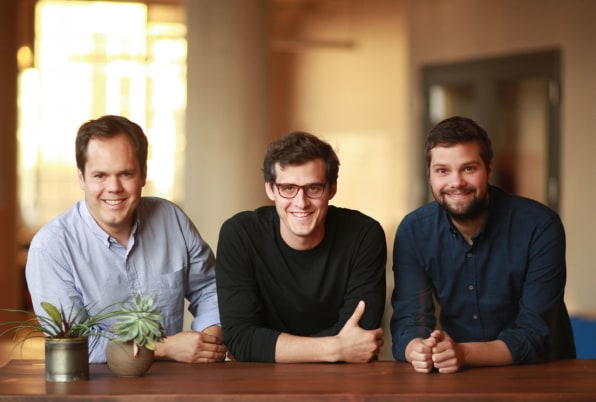
Nebia cofounders (from left) Carlos Gomez Andonaegui, Philip Winter, and Gabriel Parisi-Amon [Photo: Nebia]
“Getting feedback on a showerhead is not easy,” says Winter. “It’s not like an app. You have to get someone to come in physically, get naked, get out [of the shower], and tell you about that experience. It’s a labor. So the best place to do that was gyms.”
Winter found a gym in the Bay Area that would let him test it with their customers, the only catch being that he had to arrive at the break of dawn each day to install his two showerheads. (Paranoid about the possibility of stolen prototypes—a concern of bathroom espionage that Winter laughs at now—he also uninstalled them each night.)
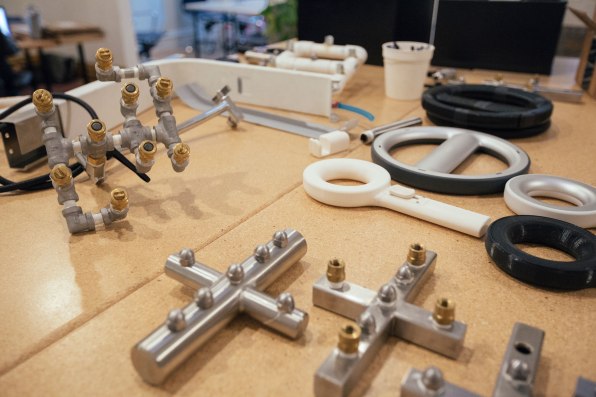
[Photo: Nebia]
The first morning, he arrived and set up his showerhead in the women’s locker room in a quick 10 minutes.
“I was walking out of the women’s, and into the men’s locker room, when lo and behold, 10 feet ahead of me, sitting on the bench press was this person I recognized,” says Winter. “Squinting closely, I was like, ‘Oh my god, that’s Tim Cook.’”
It took milliseconds for Winter to realize the possibility. If he could get his showerhead set up by the time Cook was done with his workout, then perhaps the CEO of Apple would try it out. Winter raced into the locker room and began installing it with his heart beating hard. Whereas the first installation had gone quickly, this one took an excruciating 45 minutes.
As Cook walked into the locker room, Winter still hadn’t finished the installation, meaning the Apple CEO had to grab another stall. However, after Cook got dressed, he was intrigued by the small construction project going on. And Winter, determined not to miss another opportunity, urged Cook to check it out, explaining how the design used less water than traditional showers.
“He puts his hand under the spray, and he goes, ‘Interesting, that’s the kind of thing I want in my house. Would you be here tomorrow for me to try it?’” recalls Winter, who kept close notes on the encounter. “I said, ‘Of course!’”
Cook left for work, and Winter was sure he’d gotten his big break. But he had his first impending soul-crushing day of customer feedback to get through first, in which a hundred gym goers told him everything they loved, and sometimes hated, about his beloved device.
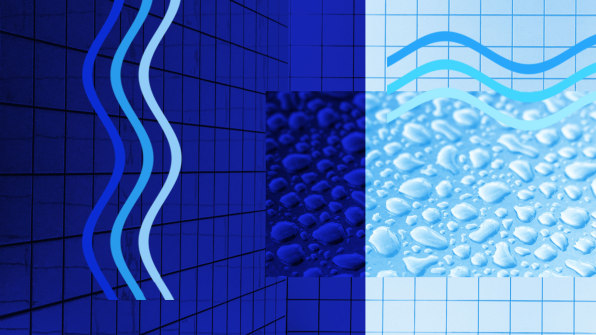
[Photos: Bela/Unsplash, Pat Whelen/Unsplash]
“It was really tough. When someone tells you to your face, ‘I don’t like it,’ it stings,” says Winter. “But what I learned was this person isn’t telling me they didn’t like me, they were telling me a valid user experience. Rather than sulk, I should smile to disarm the convo, and ask why.”
Still, Winter’s youthful overconfidence was rattled. And he really, really didn’t want Cook to hate his showerhead.
Winter showed up the next morning even earlier than the first to ensure he had his product installed. Cook walked in at 5 a.m., right on schedule.
“He finishes his workout, and I walk him to the shower to show him how to use it,” says Winter. “And you wouldn’t believe it, but the shower was taken. Someone was in the shower. I was like COME ON, YOU’VE GOT TO BE KIDDING ME!”
Winter knew it’d be impossibly awkward to ask the occupant to leave (though, as he tells me this story, I get the impression that a small part of him was tempted). Cook grabbed a different shower. Again.
“But I just kind of wait there,” says Winter. “Fortunately, they both finish their showers at about the same time.” And while Winter’s showerhead trials had been polarizing, he lucked out when the unintended user said he loved the experience, and gushed about it in front of Cook.
Winter, feeling the sort of confidence one only gets from the deepest moments of desperation, told the duo to wait a moment. He grabbed his five gallon bucket and emptied out its tools. He proposed a test to measure how much water the gym’s shower was using versus his own. Which shower used more water in 30 seconds?
Handing Cook his iPhone, Winter told him to keep time on its stopwatch. “And he looks at the phone and says, ‘You know you can upgrade this.’ It’s an iPhone 5, and the 6 had just been released a few weeks earlier. I’m like, ‘I know, I know! Just do the timer!’” recounts Winter, before laughing that, of course, he didn’t have the nerve to say that.
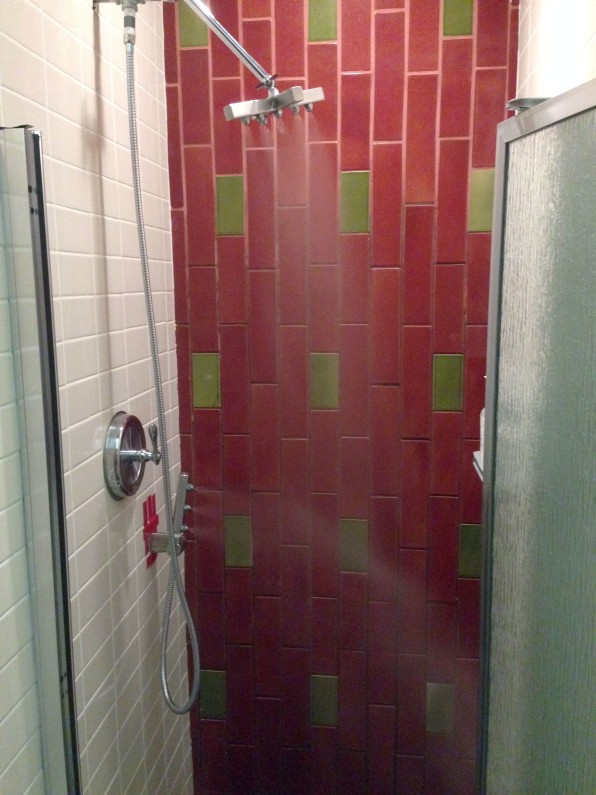
[Photo: Nebia]
Winter was a salesman who has done this demo before, but only with friends. Here it works splendidly, as the gym showerhead filled the bucket 85% of the way. The prototype Nebia filled it an inch. Cook was impressed and said, again, that he’d be back tomorrow to try it. Winter left the locker room but turned around on his heels and grabbed Cook again before heading out.
(No, dear reader, I cannot believe Cook is being this patient, either.
Most people would have stopped at this point while they were ahead. Not Winter. Next, he asked if he might show Cook—who was, again, getting ready in a locker room—some of his designs for the shower on his laptop.
Cook, again, obliged.
“It’s this PDF . . . a 40-page PDF. But it’s all industrial design, all visuals. We flick through it,” says Winter. “He said, ‘Zoom in on that. You see that gap between those two parts? If you want this to be a clean minimal design, you need to clean that up and hide that line.’”
“And maybe this all transpires in 6, 7 minutes,” Winter continues. “But it feels like an hour’s worth of interaction because I absorbed a lot.” By this point, Cook asked Winter if he’d be at the gym tomorrow, and Winter planned on it.
When the sun rose on day three, Winter wasn’t leaving anything to chance. He arrived at the gym early, and this time, he printed an “Out of Service” sign and affixed it to his testing shower stall with big Xs of red tape. Winter pulled off the sign only as he led Cook back after his workout.
Winter was waiting for Cook to finish showering. “He’s in there for twice as long, or more, than his normal shower routine,” he says. I mention that this observation is a bit creepy (which he doesn’t deny), but then, he was clearly teetering on the edge of sanity as he awaited Cook’s review.
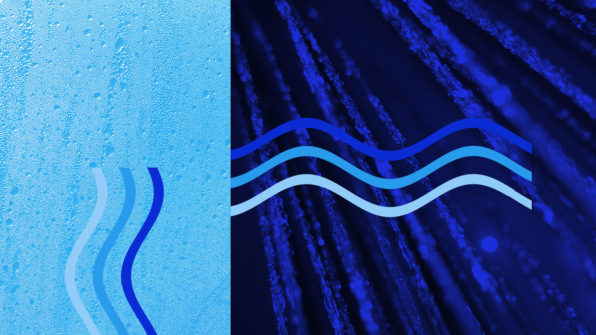
[Photos: Anton Darius/Unsplash, Gracia Solenyanu/Unsplash]
“I’m like, sweating bullets. This is a bad sign. He doesn’t like it. Because people who didn’t like it said, ‘It doesn’t feel like enough water, I can’t get the shampoo off,’” says Winter. “I’m like god dammit. I’ve been beaten up pretty bad over two days. Now, I have more confidence, but when an idea is new, it’s very fragile, and you’re very connected to your idea, so you’re very fragile. That was my psyche at 5:55 a.m. in the morning.”
Luckily, Winter’s fears were unfounded.
“[Cook] comes out and is like, ‘Philip, I love it.’ You’re not going to believe this, but I wrote down in my notes that day, he said, ‘I have this zingy, zesty almost zen-like feel on my skin,’” says Winter. “Then we go on to talk another 8 to 10 minutes.”
The big question Winter had for Cook was, should this showerhead be a connected, Internet of Things product, or a normal showerhead? IoT was a buzzword of the era, hot off the launch of the hit Nest thermostat. And to be in Silicon Valley without launching an IoT product in that era felt almost anachronistic.
“He said, ‘I was thinking about that in the shower, ironically, and my inclination is probably not; that market will take a long time to develop, and you’re going to create a lot of complications,’” recalls Winter. “‘What you’re innovating is experience and water savings. To add on electronics for a limited use case? Who wants to control a showerhead from their phone? That’s not needed.’”
Winter also asked if he should position around sustainability, design, or the experience of showering. Cook said experience, a decision that’s influenced Nebia’s marketing ever since.
“I said, ‘Look, I’m glad you liked it, it’s a relief because a lot of people don’t like it,’” recalls Winter. “He said, ‘Philip, don’t listen to them, we have naysayers at Apple all the time, and what you’re doing is really innovative.’ I grew six inches in confidence . . . that was one of the most personally important pieces of motivation as an entrepreneur. I doubt I’ll ever get anything that significant again.”
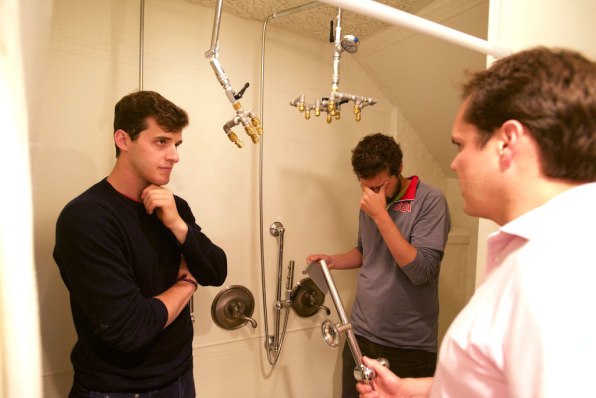
[Photo: Nebia]
Winter wrapped his work at the gym, knowing he’d be back in touch with Cook. Two weeks passed as he ran a pilot at Google, using a modified prototype that took into account some of the user feedback he’d been collecting. The new prototype made one tiny but important change: It increased the shower’s droplet size by 50 microns, which required the use of 5% more water, but made a world of difference to test subjects. Reviews were improving. But Cook hadn’t responded to his follow-up email, and Winter was no doubt worried that Cook might ghost him from here on out.
So Winter didn’t tell anyone what he decided to do the next morning, not even his cofounder. He drove back to the gym—a place he was technically no longer invited since his pilot had ended—and installed his shower experience for another day of testing. But of course, he just wanted to show his updated version to Cook.
As he waited outside the locker room for Cook, he was thwarted by another gym rat who’d shown interest in Nebia over the last few weeks: Nick Forlenza, Apple’s former VP of manufacturing design.
“He was like, ‘Can I try it?’ I look up at him, look at my watch, look at him, how do I tell him no?” says Winter. Forlenza finished up just in time for Cook to walk in, surprised to see Winter again but willing to try the redesign. Cook took his time showering, again, and gave the experience an even better review than the first time, noting that issues around pressure seemed to be solved. Though he quickly honed in on the fact that the device required a modest amount more water.
“His concern was how much water we used. We’d gone from an 85% water savings to 80% savings [versus a typical showerhead],” says Winter. “I learned later, he was interested because he’s passionate from an environmental level—he was always pushing us to use less water—but we had to use a little more to make the experience good.”
Chest puffed, Winter explained that he was making headway into funding his company, and his pitch deck was getting passed to a major investment firm that week. At this moment, Winter and Gomez Andonaegui had been floating development on their personal credit cards, and they didn’t even have a corporate bank account yet. Cook’s response to the news—as a man who isn’t known for any large public investment portfolio—shocked Winter.
“He was like, ‘Whoa whoa, wait. You want to be careful in raising money. There are a lot of people in it for a quick buck, all they care about is ROI,’” recalls Winter. “‘You want people who invest in you because they believe in you, and believe in the product, and let you do your thing,’”
“I couldn’t believe what I was hearing, so I took a step back to process what he said,” Winter continues. “I asked, ‘Do you do angel investing?’ He said, ‘Sure, send me the paperwork.’”


